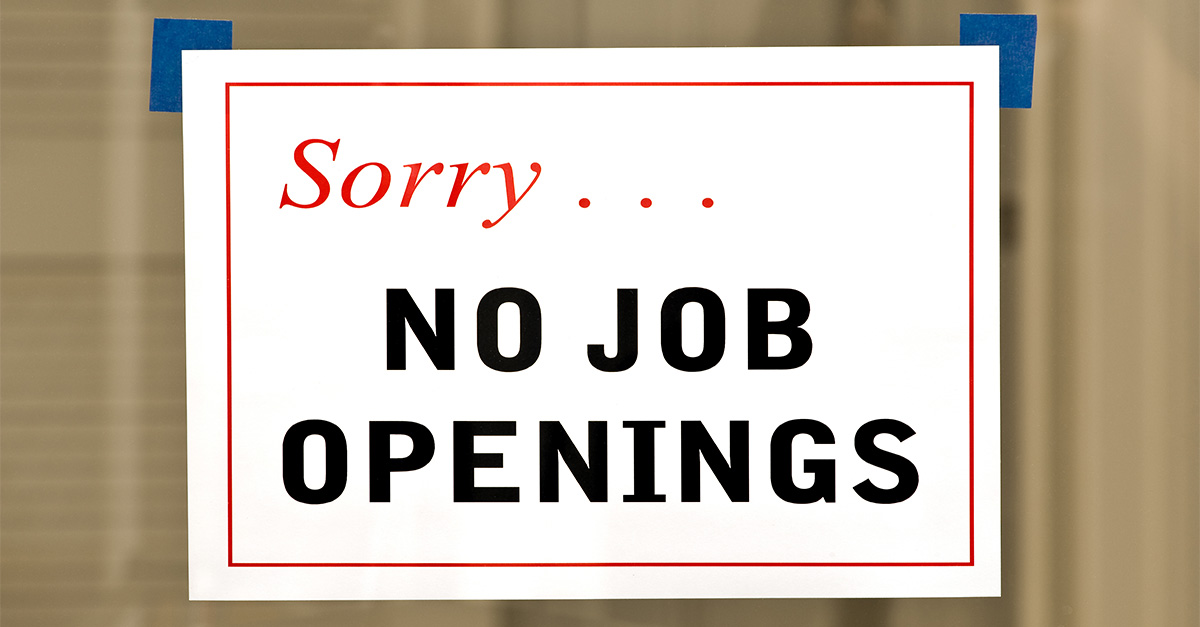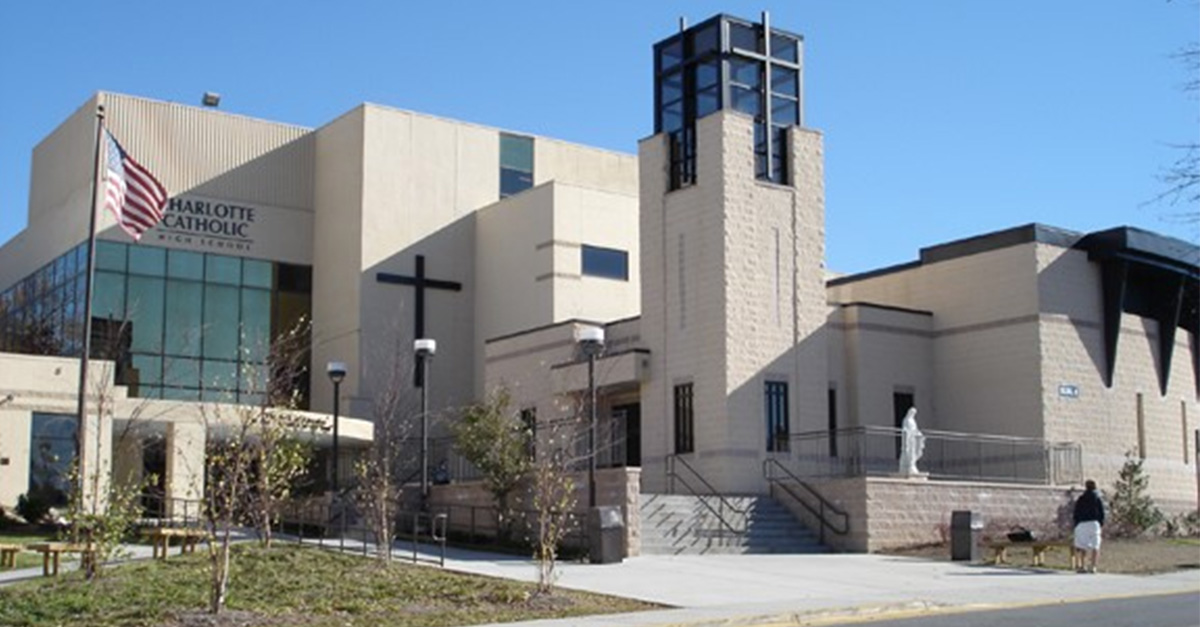


Get a free copy of Parental Rights & Education when you subscribe to our newsletter!

Liberal “Christians” regularly ignore the harm that minimum wage laws inflict on low-skilled workers because it undermines their narrative of Big Government benevolence.
The esteemed economist Thomas Sowell famously stated that the real minimum wage is effectively zero. He argued that regardless of how high the government sets a price floor, if an employer refuses to comply — whether by dismissing employees, slashing their hours, or raising prices to a point where consumer demand collapses — then the employee’s actual wage could drop to nothing.
In other words, liberalism often backfires spectacularly, hurting the very people it purports to help.
Meanwhile, progressive “Christians,” who tirelessly preach the biblical mandate to help the poor, are conspicuously silent when confronted with legislative edicts that exacerbate the plight of those in need. This silence exposes their true agenda: Not to aid the poor through charitable giving and sound fiscal policy, but to cloak their push for more statism under the guise of compassion.
Thus, those who cling to a left-wing ideology regularly ignore the harm that minimum wage laws inflict on low-skilled workers because it undermines their narrative of Big Government benevolence.
Yet, the detrimental effects of these policies are undeniable.
Take the Seattle City Council, which hastily passed a minimum wage ordinance for app-based drivers, such as those working for DoorDash or Uber Eats. The Council argued that these workers, most of whom don’t have college degrees, needed wage “protections” because they are independent contractors and not traditional W2 employees.
Of course, the flexibility of being an independent contractor — like setting your own hours — didn’t seem to matter to them. Instead, they implemented the PayUp law, mandating a minimum wage of at least $26 per hour for takeout service, excluding tips.
However, since taking effect earlier this year, this law has not “protected” lower-income individuals as promised but has, on the flip side, made them more “vulnerable” to market adjustments.
“People cannot pay the rent,” exclaimed Gary Lardizaba, a frustrated driver, in an interview with Seattle radio station KIRO 97.3FM. “This is not a living wage. This is a dying wage.”
He revealed that after the regulation was put in motion, he and his fellow drivers experienced a 30-40 percent reduction in pay, ironically due to a measure intended to boost their bank account.
Remember, corporations don’t bear the burden of taxes and costs as you and I do; they transfer these expenses to consumers by raising prices. This means that despite being well-intended, most bureaucratic impositions ultimately increase the cost of the final product — in this case, labor.
In response to financial pressures levied by the Seattle City Council, DoorDash and Uber Eats now tack on a $5 surcharge to every order to stay profitable. This added fee, consequently, has caused demand to nosedive.
According to The Washington Examiner, 300,000 fewer orders have been placed since PayUp took effect, triggering a $7 million revenue loss for regional businesses and a significant dip in drivers’ earning potential.
One local bakery owner reported a drastic “50 percent drop in third-party delivery app sales,” while another restaurant observed a “30% year-over-year decline in app orders.”
A 30-year-old driver shared a grim outlook, lamenting that “demand was dead” after he spent an unbelievable “six hours waiting for a single Uber Eats delivery request.”
Who could have guessed that more regulation would lead to higher prices and less work being available?
Amidst this economic fiasco, at least one Seattle City Council member seems to grasp the situation. Sara Nelson candidly admitted, “We created a problem and it’s our responsibility to fix it.” Whether she can rally her colleagues to face reality — a reality economists have recognized for decades — remains to be seen.
This type of central planning habitually brings more financial hurt than relief. Sure, a few workers might see their paychecks swell, but as Professor David Neumark from the University of California-Irvine has highlighted, “each 10% increase in the minimum wage reduces employment by about 2%,” a figure that tends to climb over time, especially in low-skill sectors.
Moreover, a study from Cornell University confirms that almost every minimum wage hike a company faces is “passed through to consumers,” which is blatantly obvious in Seattle currently.
As we step back to view the broader economic devastation wrought by these failed government policies, it’s crucial to recognize that this chaos originates from a fundamental disregard to follow God’s design for an economy based on free enterprise and voluntary work arrangements.
Consider the message of a famous passage that’s frequently overlooked by the lefty “Christian” crowd:
In Matthew 20:1-15, we read about the parable of the vineyard owner who employs workers at various intervals during the day. He offers the first group a specific wage — a denarius for their day’s labor. For subsequent groups, though, he simply promises a fair wage.
As evening comes and wages are distributed, every worker receives the same pay — one denarius, irrespective of their start time. This equal pay sparks discontent among those who started early, who feel they deserve more for their longer hours. The landowner rebuffs their complaints, reminding them of the terms they agreed to, and underscores his autonomy in financial matters: “Don’t I have the right to do what I want with my own money?”
For those taught in the Loran Livingston school of extreme piety — as previously discussed — this parable might only illustrate God’s grace and generosity, and not much else.
But if you acknowledge that God’s sovereignty encompasses economics as well, then, as the late historian Gary North asserted, this passage is “the most powerful affirmation of property rights in the New Testament.” As North put it, “the employer affirmed the right of contract and also the right of ownership,” whereas the workers, “as owners of their labor…had the right to decline the offer.”
This is how a free market operates, and it’s a moral framework woven into every prosperous economy.
The evidence is undeniable: political interference in the market leads to economic despair, regardless of the benevolent spin or altruistic rhetoric employed.
When will progressives stop oppressing the poor?
If you like this article and other content that helps you apply a biblical worldview to today’s politics and culture, consider making a donation here.
Christian conservative news and issues that matter. Curated just for you!
